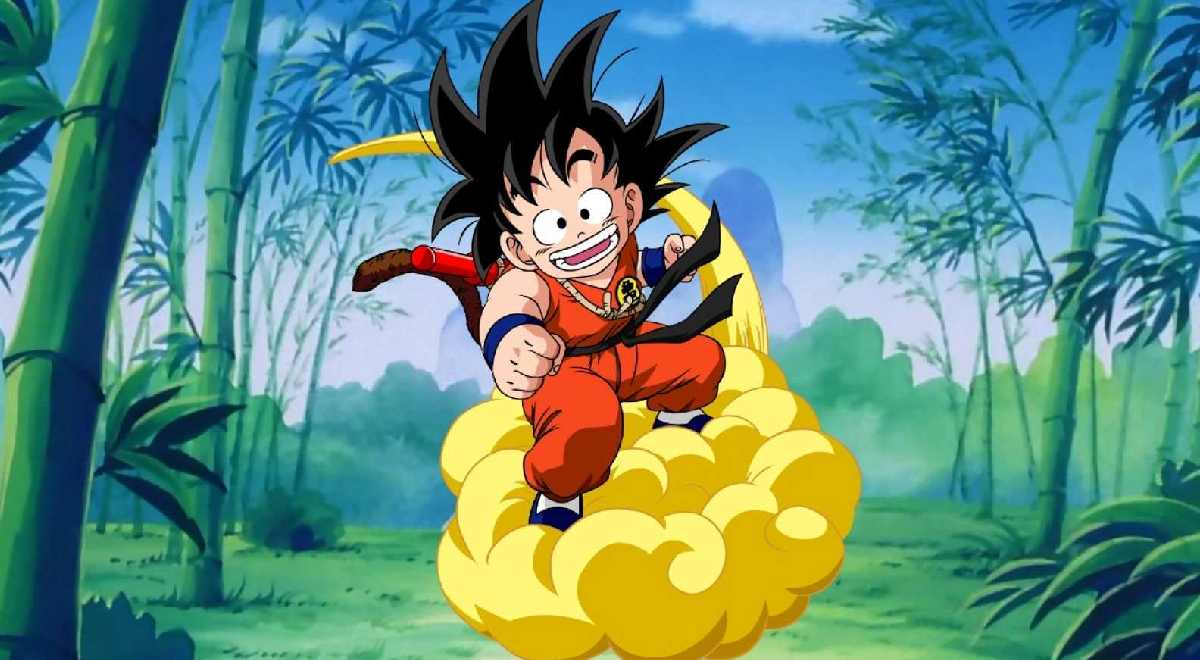Dragon Ball, a manga created by Japanese artist Akira Toriyama, is one of the biggest crazes in pop culture. Although it was created last century and aired on television around the same time by TOEI Animation, it is still enjoyed in its Dragon Ball Super version in 2022.
Who hasn't wanted to be Goku as a child? It's one of those questions that has an irrefutable and unique answer. Surely many of us would have wished to be the hero who saved the Earth on multiple occasions. But do we know what his name means?
To understand it, it is important to understand that Dragon Ball is based on an ancient story in the form of a myth known as 'Journey to the West', from which various characters were adapted for the anime. For example, the name Goku is part of Japanese culture, as it comes from that story.
Goku is based on the main character of the myth, the monkey king Sun Wukong, who embarks on a long adventure fighting spirits. Therefore, we might think that it derives from the name of a primate or is caricatured as an animal, but there is another meaning. 'Son Goku', according to Toriyama himself in 1998, refers to the amount of rice a person needs to be well fed for a year.
We know you thought the same thing as us. And of course, how wouldn't it be derived from rice when it is one of the products that Goku consumes the most in his endless supply of food before and after each training session. Let's remember that 'Son', as he is also originally called by 'Piccolo', has a big appetite, a product of his Saiyan warrior race.
And what do the names of other characters mean?
Most of the characters in Akira's work are named after vegetables, with the most representative and obvious one being 'Vegeta', which translates practically to vegetable. Similarly, we present you the names of other characters with peculiar names:
Broly/Broly = It is related to broccoli.
Cabba = It is related to Cabbage in English and repollo (cabbage) in Spanish.
Caulifla = Like other members of her race, she comes from the term Cauliflower in English and coliflor (cauliflower) in Spanish.
Fasha = This name is created in Japanese by rearranging the syllables of "parsley" in English and perejil (parsley) in Spanish.
If you want more information like this, just visit Libero.pe.



